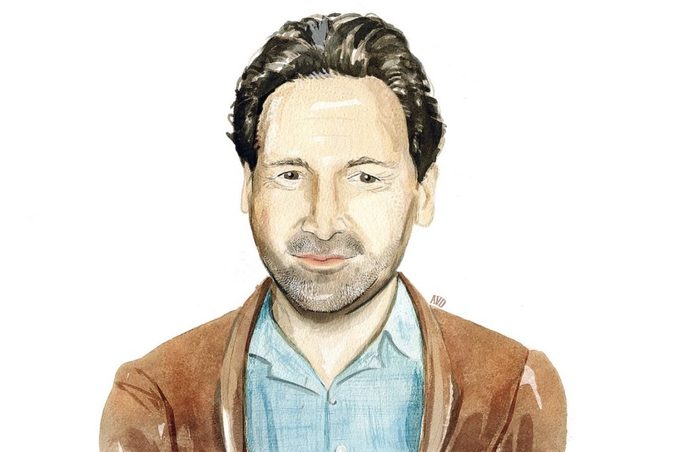Barry Avrich: The RD Interview
Filmmaker Barry Avrich on hero worship, reality TV and his new book about showbiz.

Q&A WITH BARRY AVRICH
Reader’s Digest: As a documentarian, your career is telling other people’s stories. What’s yours?
Barry Avrich: I think of myself as a shy kid from Montreal who dreamed of being in showbiz. When I got started in the ’80s, I had a job in advertising in Toronto during the day and worked on music videos and short films at night. Things escalated from there. My life’s been a mixture of faith and a fear of failure.
Your new book is titled Moguls, Monsters and Madmen. Which of the three do you meet most frequently in the entertainment business?
For me, that’d be moguls, but there are moguls who are also madmen. The best answer is that most people I interact with are a mix of all three.
You were reading Hollywood trade publications like Variety at an age when most kids would’ve been reading comic books. How come?
Growing up in the early ’70s, my house was full of entertainment– soundtracks, comedy albums. I was instantly attracted to show business and wanted to learn as much as I could. There was no People magazine back then. The only thing I could find was Variety, so I got a subscription. It was ridiculously expensive.
You’ve made documentaries about Canadian theatre entrepreneur Garth Drabinsky, American studio exec Lew Wasserman and Penthouse founder Bob Guccione. Clearly you’ve got a thing for powerful men.
My parents brought me to the Stratford Festival when I was young, so I’ve always appreciated Shakespeare. Early on, I saw a correlation between power and misfortune; many of the moguls I’ve made films about have experienced tragic falls and Faustian moments. Wealth was no longer their goal-the goal became world domination, and with that comes tragedy.
How do you convince your subjects to dish the dirt?
I seduce them into becoming comfortable. One key thing is that I don’t use notes. When people feel the intimacy of constant eye contact, they really want to talk. Many subjects-or their publicists-say, “Okay, we can talk, but not about A, B or C.” And then they always talk about A, B and C.
People often say “Don’t meet your heroes,” but your book details a number of encounters with huge celebrities. What’s your take?
I’ve made a lot of films for selfish reasons, in that I wanted to meet the subjects, and I’ve had great experiences. There’ll be disappointment, but if you’ve done your research, you’ll be prepared. I admire Robert De Niro, but when I met him, I knew not to expect anything going in.
With the huge popularity of shows like Making a Murderer and Serial, documentaries are having a real moment. Are you happy about that?
Things have come a long way. We’ve moved from documentaries about the gestation period of a beaver to subject matter that is really fascinating. Reality television has created a thirst for cinema-verite.
Assuming access was no issue, who’d be your dream documentary subject?
Ralph Lauren. Everything he touches is beautiful and timeless. His brand is his life and vice versa. Not only did he invent style in America, he invented a class. That fascinates me.
Moguls, Monsters and Madmen: An Uncensored Life in Show Business is available now.
Related features:
Paul Gross: The RD Interview
Malcolm Gladwell: The RD Interview
Chilly Gonzales: The RD Interview



